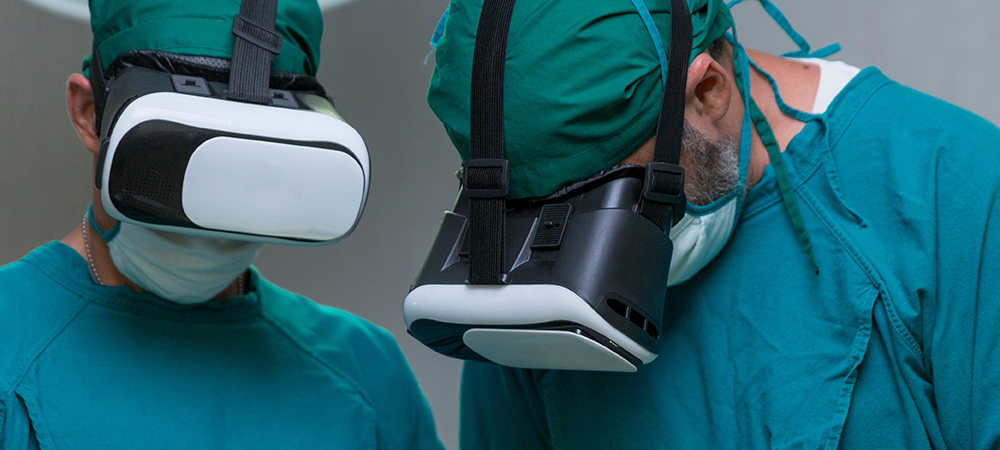The Personalised Care Institute (PCI) has launched lifelike Virtual Reality training on shared decision-making (SDM) for health and care professionals – after research found that nearly half (46%) report gaps in their knowledge and most (70%) would like to learn more. The simulation will allow NHS staff to test their skills in a risk-free environment.
SDM has been found to result in better patient outcomes, increased adherence to treatment, reduced repeat appointments and fewer regrets about decisions relating to health and care.
SDM is increasingly welcomed by patients, with 40% expressing a desire to be more involved in decisions about their health and care, yet a report by The Patient Association found that while 90% of healthcare professionals think it should be practised routinely – commonly perceived barriers include lack of experience, confidence and time.
‘Virtual Patient Simulation: Test Your Personalised Care Conversations’-developed in conjunction with Keele University –is a free, quality-assured eLearning tool that provides health and care professionals of all levels of seniority and experience with an opportunity to put their SDM skills to the test through a series of life-like simulated patient consultations.
The series breaks each consultation down into three distinct areas:
- Introduction and understanding of the patient’s history
- Exploring their preferences around the treatment options
- Reaching a shared decision on the way forward
Multiple choice questions are used to provide a structured interaction between the healthcare professional and the onscreen animated patient character, allowing the exploration of different conversation pathways and techniques in a risk-free environment. Comprehensive feedback is provided at the end of each exercise, with users able to put their learnings to the test through repeat use.
The first two scenarios to be launched are an in-person consultation based on an osteoarthritis discussion and a remote consultation by telephone with a father concerning his son’s sore throat. Two further scenarios – a referral for suspected bowel cancer and a discussion around the ongoing use of antidepressants – are due to be launched later in 2023.
Studies have shown that virtual patient tools offer a number of educational benefits for healthcare professionals, supporting learning around communication, understanding, decision-making, clinical reasoning and problem-solving. Simulations have also been found to encourage greater engagement and facilitate repetitive practice, with the added benefit that learning can be completed by the healthcare professional at their own pace.
“We know that shared decision-making leads to better outcomes for patients, with nine out of 10 healthcare professionalsstating it should be used routinely and seven out of 10 expressing a desire to learn more about this vitally important personalised care approach,” said Dr Emma Hyde, Clinical Director of the PCI. “While research suggests that, currently, only one in three HCPs always practise SDM fully, the fact that perceived common barriers include lack of experience, confidence and time suggests that these could be quickly overcome with the opportunity to practise.”
Click below to share this article

